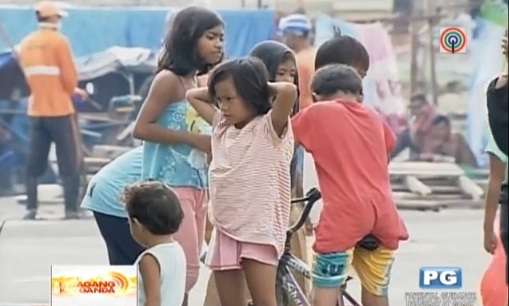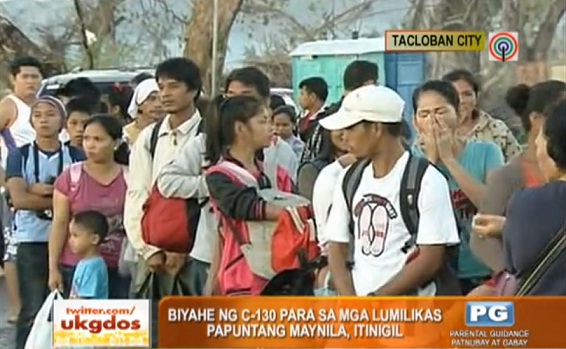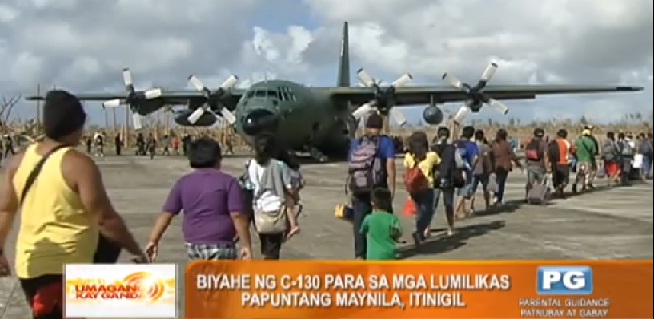In an informal survey conducted by a civil society group working to stop human trafficking, they asked people in the streets what comes to their mind when they hear the phrase “human trafficking.”
Everybody answered:“Traffic.” As in vehicular traffic.
Such is the level of public awareness about human trafficking- the trade in human beings for several purposes, most commonly sexual slavery, pornography, forced labor , extraction of organs or tissues, surrogacy.
The Inter-Agency Council Against Trafficking under the Department of Justice is aware of the importance of public cooperation in the campaign against this abominable crime in which the Philippines ranks high as one of the source countries of trafficked persons.
MTV from VERA Files: http://verafiles.org/harnessing-multimedia-to-combat-human-trafficking/
Enslaved, a documentary hosted by Dingdong Dantes and produced by MTV EXIT (End Exploitation and Trafficking) — an international multimedia campaign to raise awareness and increase prevention of human trafficking and exploitation
They want to involve the public, especially the people in the provinces, through an information campaign. And they also know that to do that, they have to speak the language or the dialect of the people they are dealing with.
Yet, up to now, they don’t know how to translate in Tagalog the term “human trafficking.”
Jan Arceo, IACAT’s International Affairs Executive Officer, said they are asking the help of the Komisyon sa Wikang Filipino on the Filipino word for “human trafficking.” She also said they need Filipino language writers as well as writers in local dialects to do their information materials.
Lately, media came out with reports of the proliferation of cybersex dens in the Philippines following the release of results of the investigation by London’s National Crime Agency about pedophile syndicates in the Philippines victimizing some 60,000 to 100,000 Filipino children (ages six to 15).
In reporting, members of media are again reminded of the following principles for ethical reporting on children provided by the United Nations Children Fund:
1. The dignity and rights of every child are to be respected in every circumstance.
2. In interviewing and reporting on children, special attention is to be paid to each child’s right to privacy and confidentiality, to have their opinions heard, to participate in decisions affecting them and to be protected from harm and retribution, including the potential of harm and retribution.
3. The best interests of each child are to be protected over any other consideration, including over advocacy for children’s issues and the promotion of child rights.
4. When trying to determine the best interests of a child, the child’s right to have their views taken into account are to be given due weight in accordance with their age and maturity.
5. Those closest to the child’s situation and best able to assess it are to be consulted about the political, social and cultural ramifications of any reportage.
6. Do not publish a story or an image which might put the child, siblings or peers at risk even when identities are changed, obscured or not used.



